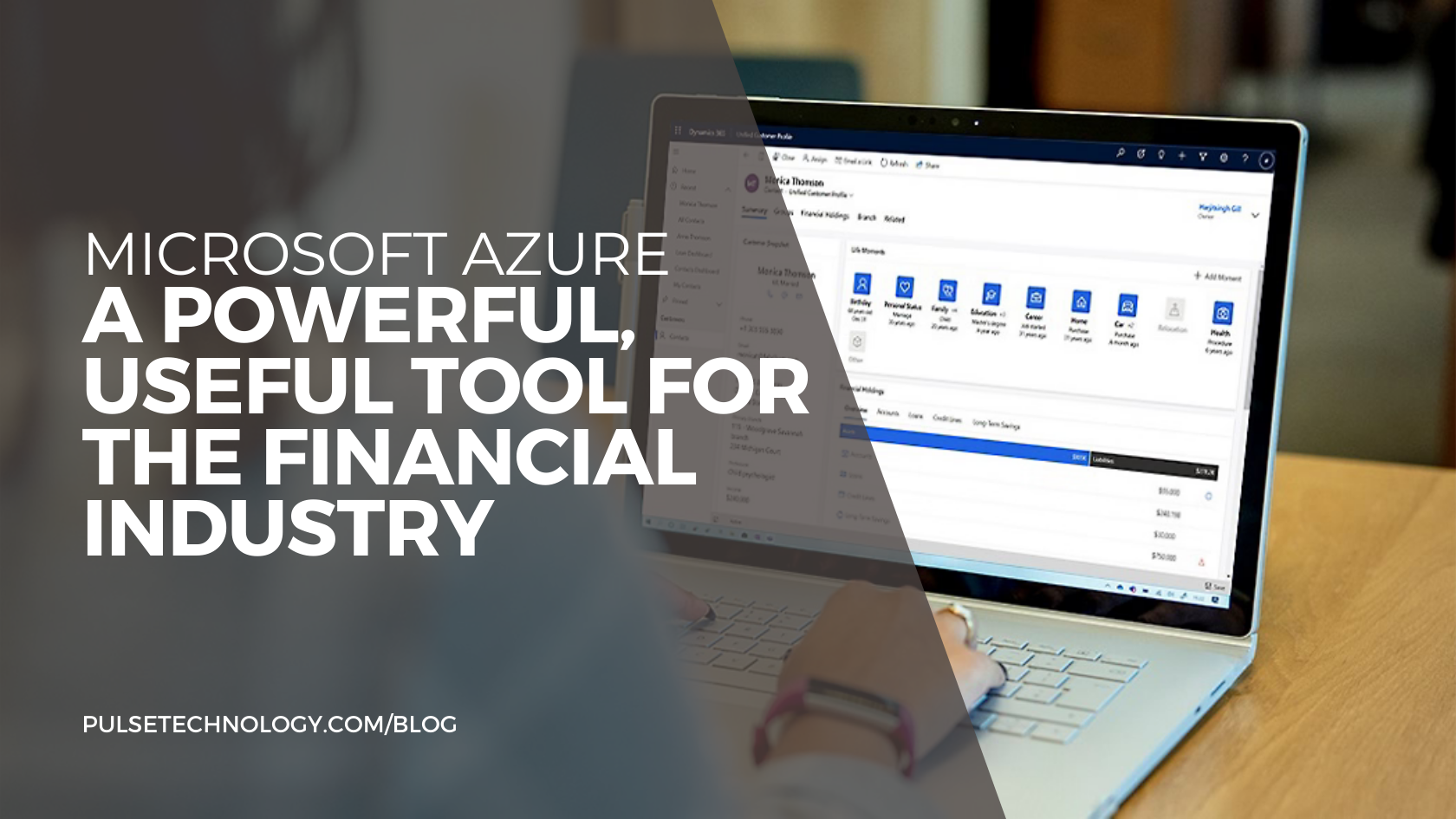How 5G will improve your VoIP systems
Many industry observers and leaders believe that VoIP (Voice over Internet Protocol) -- the ability to send voice and multimedia over the Internet -- will be among the technologies to benefit the most from the 5G networks, and that ultimately businesses will have a higher level of quality of service (QOS) as a result.
Major carriers such as Verizon believe that 5G technology will spread and expand rapidly and that 5G will have a dramatic impact on VoIP for business use. It’s worth noting an FCC claim that high speed Internet exists in 93% of the United States. But for the 7% - or those in the 93% who may have a different definition of “high speed” than the government, there’s always room for improvement.
All any business owner needs to experience is a dropped call, or a delay in vital video communication data at a critical time such as during a presentation, to make him/her a believer in “there has to be a better way to do this.” The 5G network may be a step in that direction.
The 5G network speed is significantly improved over 4G and should benefit small and medium-sized businesses in terms of VR (Virtual Reality) and AR (Augmented Realty). 5G improves the speed at which calls are made, has greater capacity and reduces latency. “Latency” is the average time is takes a device to send data to a corresponding server and then back to the original device. A place where you will really notice where latency can impact performance is in video gaming or transmission – but also in more traditional business applications – such as videoconferencing, or even in the case of a furniture sales company or architectural demonstration where it’s important to be able to “drop” pieces of furniture into an otherwise (virtual) empty room. Nothing curbs a customer’s enthusiasm like a delay in what they are hoping or expecting to see right away.
The 4G networks offer something around 50ms, but 5G should drop it to 1ms, or 50 times faster. This should be welcome news to gamers and videoconferencers, where delays in the back-and-forth of a situation are frustrating and unacceptable. And on the VoIP side, this should move the call closer to a real-time experience – with fewer dropped calls. High latency makes any number of Internet functions less enjoyable, so anything that makes that better should be regarded as welcome news.
5G-network speeds will allow more small and medium sized businesses to better access to the total capabilities of virtual and augmented reality. 5G’s Gbps (gigabits per second) has far greater capacity than that of 4G.
Both VR (Virtual Reality) and AR (Augmented Reality) process significantly more data to display the high quality visuals in real time. 5G is capable of supporting a faster and smoother experience, preventing network delays that aren’t in the best interests of any business.
What does all of this mean to you, as a VoiP user? If you are looking to take advantage of this latest advancement in speed and technology, your next hardware and software purchases should be 5G-comptabile, for starters. We have a great post that goes into detail about what to look for when your business is thinking about going with VOIP.
And, as is the case with “all things technical,” it’s advisable to partner with someone who understands the technology and can make sure that it works properly – and is there to support you if it ever doesn’t. Contact us, Pulse Technology at 888.357.4277 we can answer any questions, and we can help. Or use our easy online form, located on our Technology Assessment page.



